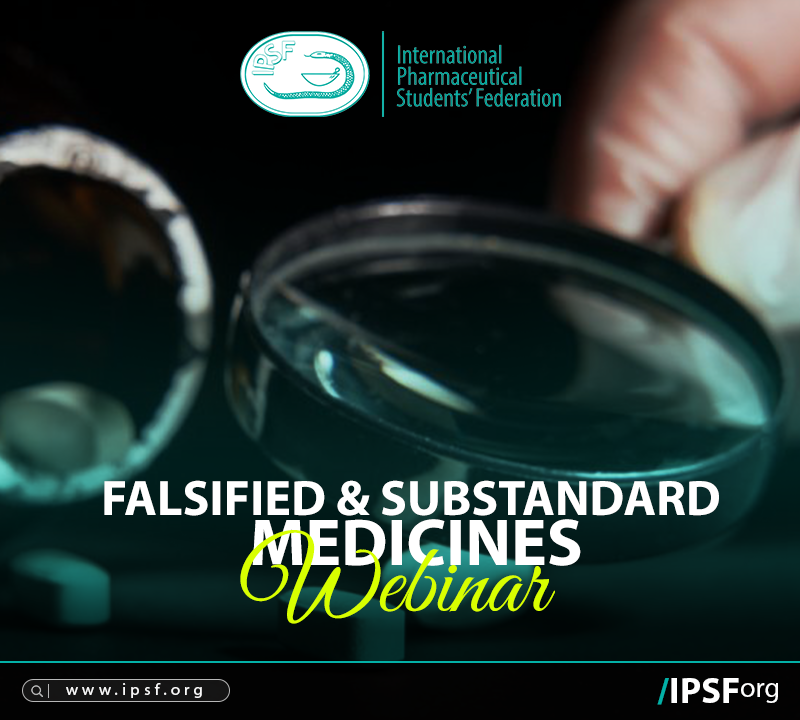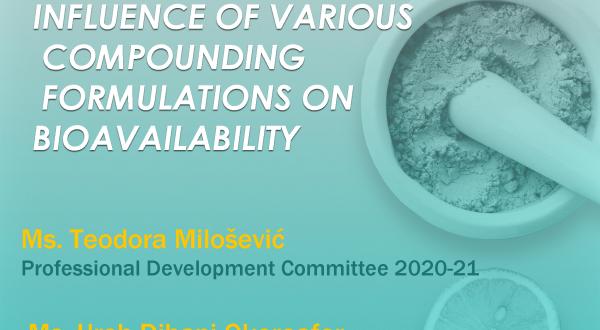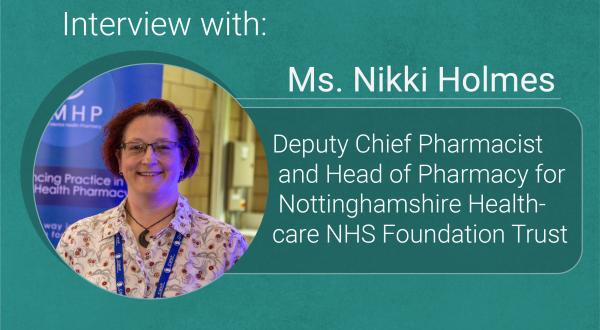
Falsified and substandard Medicines Webinar
An estimated 1 in 10 medical products circulating in low- and middle-income countries is either substandard or falsified, according to the World Health Organization.
Substandard and falsified medical products are two different threats to patient’s health that can result in death, disability, and increased illness for patients.
From adding to the problem of antimicrobial resistance to creating mistrust in health systems and healthcare professionals it is clear that robust regulatory oversight and efficient frameworks are crucial in combating counterfeit and substandard products.
By taking such medicines, in the belief of receiving real treatment, patients are put in life-endangered situations which often are terminal.
Current estimations claim that in Sub-Saharan African Countries falsified medicines for treating malaria and bacterial infections cause death between 72,000 and 169,000 children from pneumonia and 116,000 deaths from malaria. The casualties continue to rise.
In order to improve patient safety, both public and private sector are making great efforts to tackle the issue. Establishing regulatory frameworks, raising awareness about proper education and development of new technologies are some of the examples of nowaday's mechanisms against falsified products.
Understanding the importance of the topic, IPSF has put together tools and essential messages to guide, motivate and inspire you to act.
Therefore, IPSF kindly invites all members and partners to join the series of online webinars on the theme of substandard and falsified medicines supported by Fight the Fakes coalition.
Webinars will take place 19-22 February 2019, with the following topics:
1. Falsified and Substandard drugs undermining efforts to improve healthcare- Role of healthcare professionals and education
Zuzana Kusynová Mgr. PharmDr
Policy Advisor & Project Manager
International Pharmaceutical Federation (FIP)
Mgr. PharmDr. Zuzana Kusynová is Lead for Policy, Practice, and Compliance at the International Pharmaceutical Federation (FIP), the global organisation representing over four million pharmacists and pharmaceutical scientists worldwide. She advises on pharmaceutical policies related to medicines use, pharmaceutical care and medication safety globally. Ms. Kusynová coordinates the projects of FIP’s expert groups and policy committees on quality of medicines prepares reports and toolkits and supports national pharmacists’ professional organisations in taking an active role in combatting substandard and falsified medical products through strategies at national level. She supported the FIP expert group on pharmaceutical supply chain and pharmacists’ role in safeguarding the supply chain of medicines. Ms. Kusynová is the focal point for FIP’s close collaboration with the World Health Organization (WHO), for example on improving awareness and education amongst pharmacists to combat substandard and falsified medical products in sub-Saharan Africa.
2. Leveraging technology to fight against fake medicines- The global challenge of falsified medicines and the detection of harmful fakes in developing countries using basic Minilab-Technology
Richard Jähnke, PhD
Project Management
Global Pharma Health Fund e.V. (GPHF)
Richard W. O. Jähnke is a pharmacist and holds a PhD in drug formulation science as well as a diploma in business administration. Working first in the pharmaceutical industry (SmithKline Beecham, PCI Pharma Services), he later moved into international public health joining there the Global Pharma Health Fund (GPHF), a charitable organization voluntarily supported by donations from Merck KGaA Darmstadt (Germany). Here, next to medicines supply management, his work focusses mainly on falsified medicines detection, medicines safety, and consumer protection advocacy in low-income countries. Over twenty years, he is also responsible for GPHF-Minilab™ development and appropriate project implementation. He ran a myriad of training courses to boost medicines testing capacities in the African, Asian and Pacific Region
3. Inter-sectoral collaboration to Stop Falsified and Substandard Medicines- engagement of public and private sectors to obtain patient safety
Geoffroy Beassaud, Mpharm
Global Head
Anti-counterfeiting coordination, Sanofi
Geoffroy Bessaud is a pharmacist who holds an MBA from HEC business school. He coordinates the fight against counterfeit drugs within Sanofi Group. Various management positions within the industry – both inside and outside France – have given him a wide-ranging international experience of the whole area of drugs and vaccines before he joined Sanofi’s drug safety unit. Geoffroy heads up a structure that comprises the complementary expertise (i.e., medical, legal, regulatory, pharmacovigilance, industrial issues, external affairs, security; etc.) necessary for leading the fight to protect patients everywhere in an effective, coordinated manner.
4. Proactive approach to ensure quality medicines and legitimate supply chain
Katherine Bond, Sc.D. Katherine Bond, Sc.D.
Vice President International Regulatory Affairs
U.S. Pharmacopeia
Time: 22 Feb, 19 GMT+0
Katherine Bond, Sc.D. Katherine Bond, Sc.D. Vice President International Regulatory Affairs Katherine Bond, Sc.D., is Vice President, International Regulatory Affairs, for USP. She develops and executes USP’s global regulatory affairs agenda in alignment with strategic organizational objectives, and plays a key role in building and sustaining relationships with regulatory agencies and pharmacopeias around the world. Dr. Bond brings more than twenty years of demonstrated public health leadership experience—in the field and in management—to her role at USP. Dr. Bond arrives at USP from the United States Food and Drug Administration, where she served in the Office of International Programs as Associate Director of Technical Cooperation and Capacity Building before being named Director of the Office of Strategy, Partnerships, and Analytics. Prior to public service, Dr. Bond focused her energies on priority public health issues such as infectious diseases and health systems impacting Southeast Asia and Africa. She worked as Associate Director of the Rockefeller Foundation’s Asia Regional Office and Africa Regional Office, and Deputy Director of the Mekong Regional Office of the Program for Appropriate Technology in Health (PATH). Dr. Bond has also held many consultancies and academic appointments—as both lecturer and researcher—at universities in the United States and abroad. She additionally appears as lead or contributing author on a variety of peer-reviewed research papers and technical documents in areas of regulatory systems strengthening, global health security, health
systems, and intervention strategies for specific at-risk populations. Dr. Bond earned her Bachelor of Arts degree in Sociology and Anthropology from Swarthmore College and her Doctor of Science degree from the Johns Hopkins University Bloomberg School of Public Health.
Please register for the webinar using this link as soon as possible.
We will have limited spots!
If you have any questions, please contact Karolina Miljak, Chairperson of External Relations.
([email protected])



